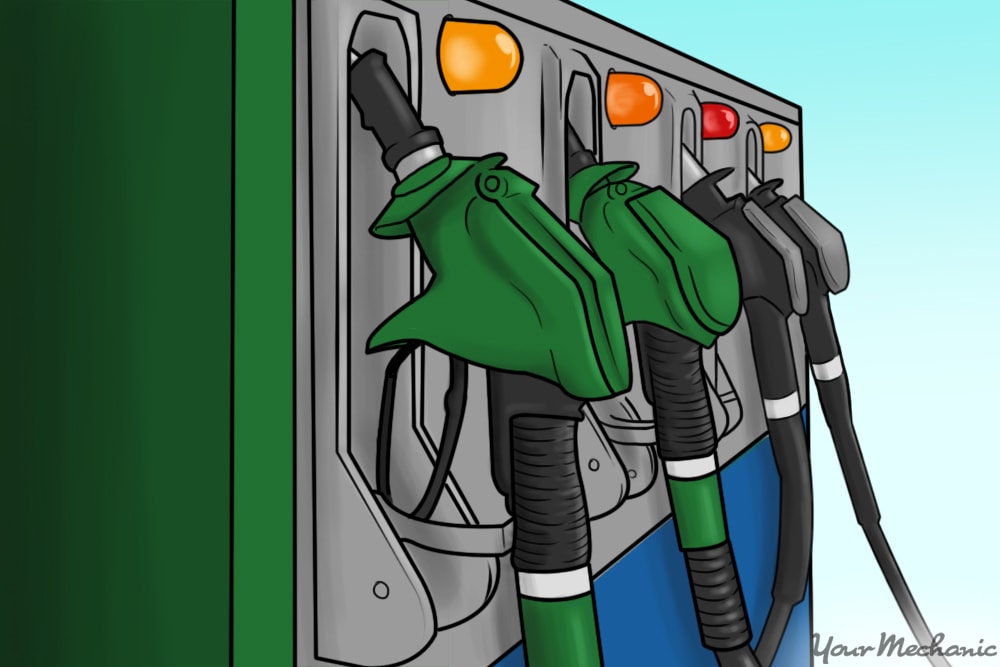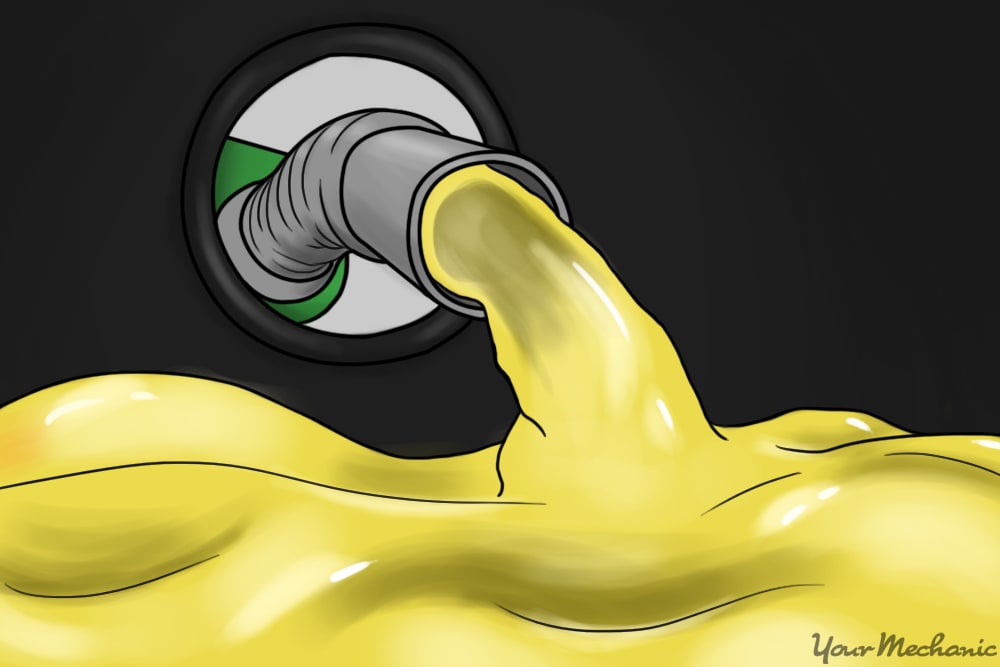

Low sulfur diesel (LSD) was replaced with ultra-low sulfur diesel (ULSD) in 2006 as part of an initiative to substantially lower the emissions of particulate matter in diesel engines. The initiative began in the European Union and later expanded to the United States.
These regulations have been in effect for automobiles in the United States since the 2007 model year. As of December 1, 2010, ultra-low sulfur diesel has replaced low sulfur diesel at the gas pump, as proposed by the Environmental Protection Agency (EPA), and pumps dispensing ULSD must be labeled as such.
Ultra-low sulfur diesel is a cleaner burning diesel fuel that has a sulfur content that is about 97% less than that of low sulfur diesel fuel. ULSD is supposedly safe to use on older diesel engines, but there are some disputes about this due to the change in certain naturally occurring chemical components that aid lubricity, among other issues.
The further processing needed to minimize sulfur particles to create ULSD also strips the fuel of certain lubricity agents, but minimum lubricity specifications are still met. Certain lubricity additives can be used if needed. The additional processing of ULSD fuel also decreases fuel density, which causes the energy content to drop, resulting in slightly lower performance and fuel economy.
This further required processing can also affect cold flow response, which changes seasonally and regionally depending on what state you live in, and can be amended by using the proper additives, and/or blending with No. 1 ULSD. Read the information below to help you determine the difference between LSD and ULSD.
Part 1 of 1: Check the gas pump and pay attention to how the vehicle performs
Step 1: Check the pump. Check the pump about two thirds of the way up to see a label that reads “ULSD 15ppm.”
Since 2010 was the cut-off for retailers to transition from selling LSD to ULSD, all highway gas stations should be equipped with ULSD pumps. 15ppm refers to the amount of sulfur in the fuel on average, measured in parts per million.
Older versions of diesel register different grades, 500ppm and 5000ppm, and are only available for off-road vehicles by order. These grades of diesel are also called “farm fuel.”
Step 2: Check the price. The most apparent difference in LSD to ULSD, besides the fact that it will be listed on the label, is the price.
Since ULSD requires more refining and processing, it is more expensive. Plan on ULSD costing between $0.05 and $0.25 more per gallon than LSD.
Step 3: Check the smell. The further refinement needed to create ULSD also reduces the aromatic components, which means it will smell less potent than other fuels.
This is not a perfect indicator, however, since each case will vary by refinery source.
- Warning: In no situation is it acceptable or safe to inhale gas fumes. Inhaling solvents like fuel can result in anything from dizziness and nausea to vomiting and brain damage. That said, do not try to get close to the fuel to smell it, since the fumes will be apparent in the air as you are pumping.
Step 4: Check the color. LSD fuels are now required to be dyed red, and because of the further processing necessary to create ULSD, its color is paler than LSD, which appears yellow.
Be aware of the color of the fuel you are pumping, but only if you’re pumping diesel into a fuel-safe container.
Step 5: Ask an attendant. If you’re still not sure whether or not you’re pumping ULSD into your vehicle, ask a gas station attendant.
The attendant should be able to answer any questions you have about their fuel.
Using Ultra Low Sulfur Diesel has become a nationwide initiative to help reduce emissions. The older fuel, Low Sulfur Diesel, is still occasionally used, but in general you will find ULSD at the pump. Always be sure that you are checking to make sure the fuel you want is what you are getting, and if you notice any leaks when filling up, have one of YourMechanic’s certified professionals perform an inspection.




